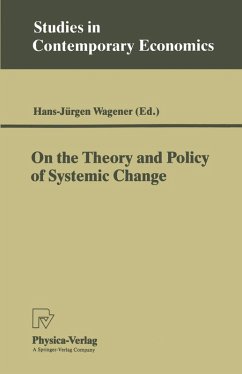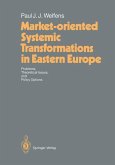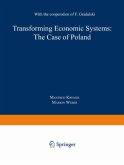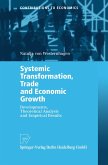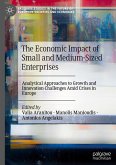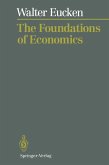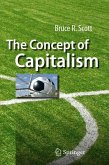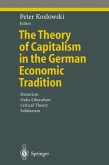Between 1989 and 1992 three colloquia on transformation problems were held at the Ludwig-Reimers-Stiftung, Bad Homburg. At the end of the 1980s the collapse of the Soviet-type socialist economic system had become clear and, hence, the necessity to transform these systems into an entirely different eco nomic order. Similar processes have happened and still happen in other his torical constellations, for instance in developing countries. It has been the aim of the Transformation Colloquium to gain more theoretical insight into these phenomena. The object of research has been transformation defined as transition from a given economic order (socialist planned economy e.g.) to a consistent new or der (market economy). This is a highly complex phenomenon which occurred, above all, during the 20th century: introduction and abolition of socialist sys tems, transition from war economies to peace-time market economies. Histori cal experience allows perhaps for certain generalizing abstractions. The central problem discussed at all (up to now) three colloquia is the question whether the object is amenable for theoretical analysis and which approaches eventually are promising.
Hinweis: Dieser Artikel kann nur an eine deutsche Lieferadresse ausgeliefert werden.
Hinweis: Dieser Artikel kann nur an eine deutsche Lieferadresse ausgeliefert werden.

